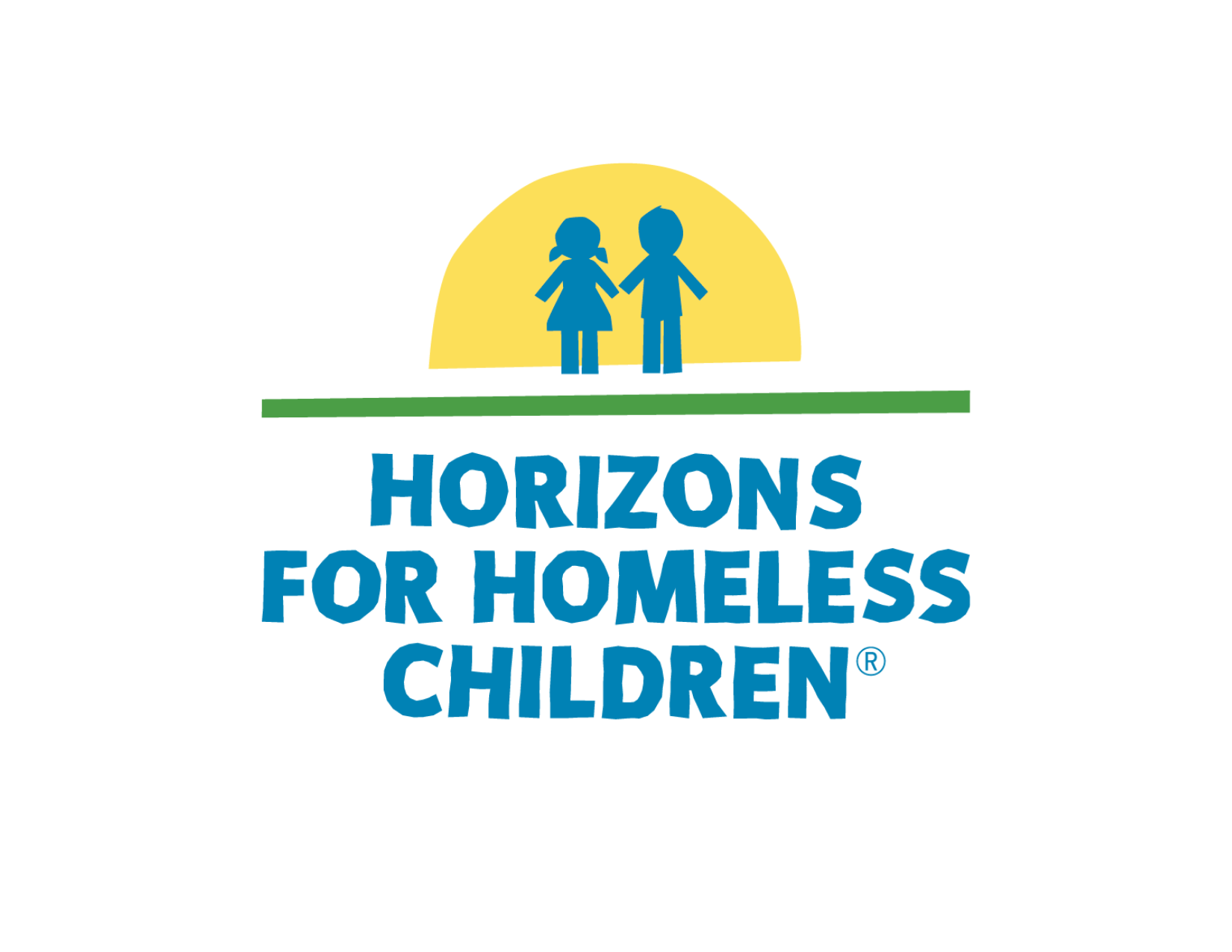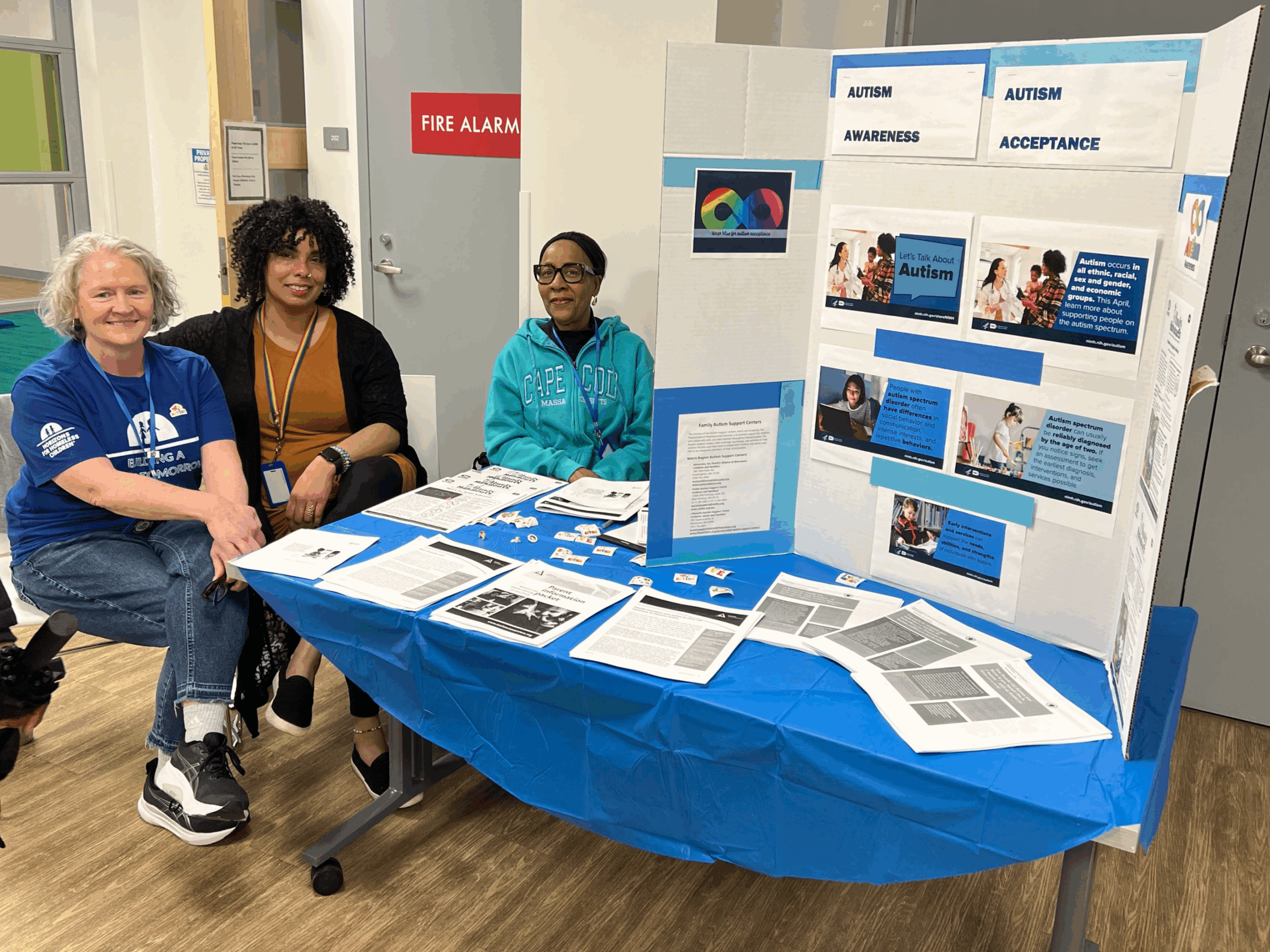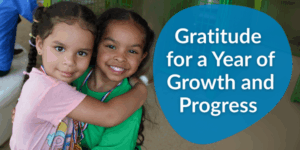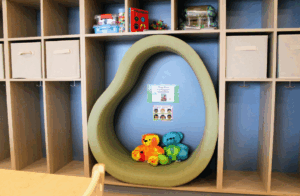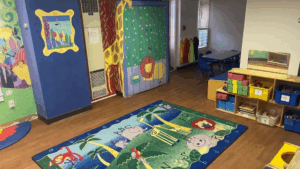Helping Families Recognize Early Signs of Autism
Horizons for Homeless Children is committed to bridging opportunity gaps for children experiencing homelessness. Part of this work includes acknowledging that trauma and instability have significant impacts on early child development. As noted in our blog Building Systems of Support for Early Inclusion, research shows that children without stable housing are four times more likely to experience developmental delays.
To counteract this impact, we provide expert-driven, family-focused programming that builds a foundation for families. A recent presentation hosted by Horizons’ Early Inclusion Team, Elizabeth and Denise, educated parents about the early signs of autism and information about accessing additional support their children may need.
Equipping Families with Knowledge and Tools
Elizabeth and Denise brought their expertise in early childhood development and special education to lead families through an informative and compassionate session on autism awareness.
They guided parents through:
- – What autism is and how it might present in young children
- – Developmental milestones and how to spot early signs of delay
- – How to bring up concerns with a pediatrician or clinician
- – How to navigate services like Early Intervention and Boston Public Schools referrals
"The earlier children are identified, the earlier they can receive support services and therapeutic approaches that have proven beneficial for young children."
Elizabeth Walsh, Assistant Director of Early Education Inclusion
These conversations are crucial to ensure each child in our care is on the path to success, with access to the appropriate resources that aid in their learning. This is especially important for language development and communication for children ages 0-5, which Horizons serves.
Breaking Down Barriers to Access
Recognizing that our families come from diverse linguistic and cultural backgrounds, the session was translated live by Horizons’ bilingual Family Coaching Specialists into Spanish and Haitian Creole. Every handout—from CDC milestone guides to local autism resource sheets—was available in all three languages so no family would be left out due to language barriers.
Resources That Empower
Each family received a take-home folder filled with tools and resources:
- – The CDC’s Learn the Signs. Act Early Developmental Milestone Guides
- – Family-friendly brochures on Early Intervention and BPS referral protocols
- – A comprehensive directory of local, state, and national autism resources including:
- – Family Ties of MassachusettsFamily Ties of Massachusetts
- – MA HHS Autism CommissionMA HHS Autism Commission
- – Autism Support Centers in MA
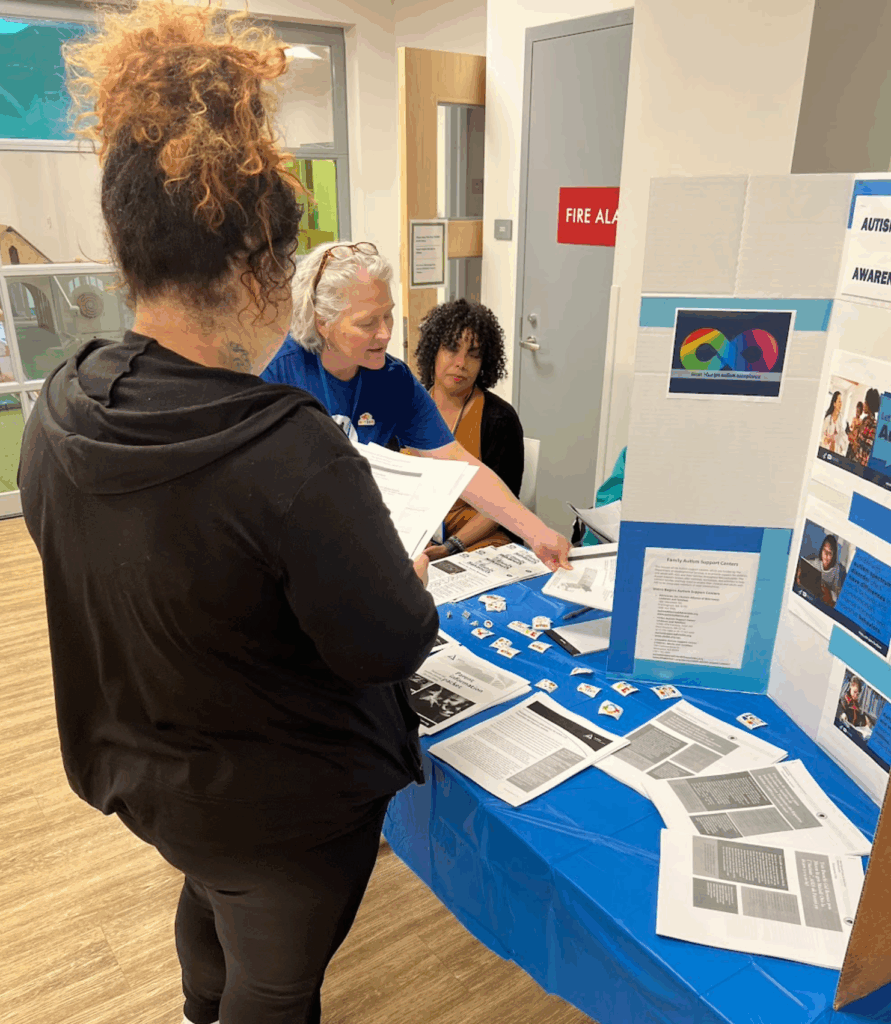
“Being homeless may impact a family’s ability to access support services or even get a diagnosis”.
Elizabeth Walsh, Assistant Director of Early Education Inclusion
These materials empower families to advocate for their children and take the next step toward accessing support services. More importantly, they show families they are not alone—Horizons is with them every step of the way.
Real-Time Support, Real Human Connection
The presentation wasn’t just an informative lecture—it was an open dialogue. Parents asked questions, shared concerns, and expressed feedback that helped them feel heard. Elizabeth and Denise reminded families that they are available every day to meet, answer inquiries, and help navigate what can often be an overwhelming system. This kind of relationship-building is key to Horizons’ two-generational model. Our programming not only supports the child in the classroom, but the entire ecosystem of care around them—educators, specialists, and families working together. Parents all respond to symptoms related to autism differently, and Horizons acknowledges there is often a cultural component to that response. Our team helps identify and address those issues, so the child can receive the resources they need early and often.
Horizons For Homeless Children is able to offer families highly trained staff, multilingual resources, and foster inclusive, supportive environments where children can be identified early and supported effectively. Together, we are giving every child—not just a safe space to learn—but the chance to thrive as they prepare for their next steps in lifelong education beyond our program.
